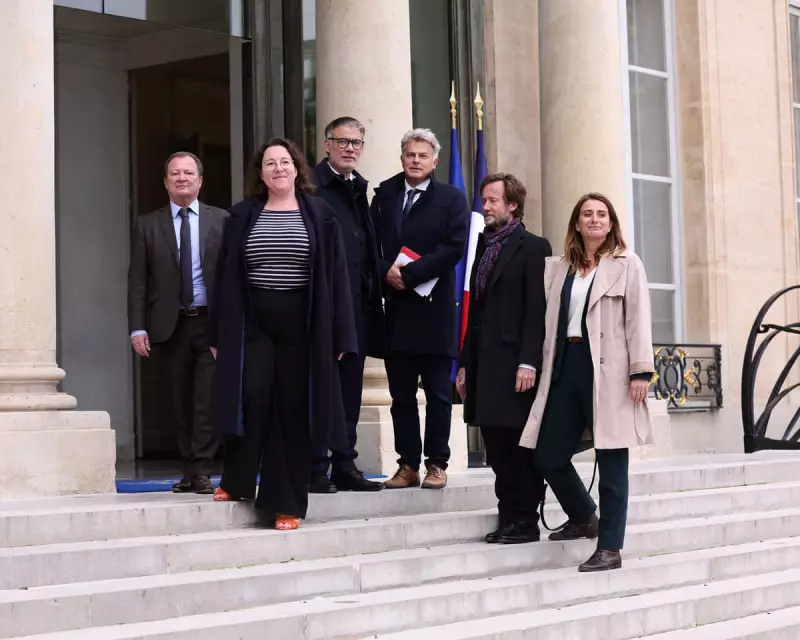
President Emmanuel Macron has taken the extraordinary step of summoning France's political party leaders for crisis talks as the country faces a deepening governmental stalemate following recent parliamentary elections.
Political Impasse Reaches Critical Point
The French leader's move comes after elections failed to produce a clear majority, leaving the National Assembly fractured and unable to form a stable government. With no party or coalition securing the necessary 289 seats to govern outright, Macron finds himself navigating one of the most challenging political landscapes of his presidency.
Emergency Summit Called
According to sources close to the Élysée Palace, Macron has scheduled urgent meetings with representatives from across the political spectrum. The discussions are expected to focus on breaking the current deadlock and identifying a viable path forward for forming a government.
The situation has created unprecedented uncertainty in French politics, with competing blocs including the left-wing New Popular Front, Macron's centrist alliance, and Marine Le Pen's National Rally all claiming significant portions of parliamentary seats but none achieving dominance.
Prime Minister Position Remains Vacant
At the heart of the crisis lies the vacant position of Prime Minister. Macron's current caretaker government continues to manage day-to-day affairs, but its authority is severely limited without a parliamentary majority to enact new legislation or implement significant policy changes.
Political analysts warn that prolonged instability could have serious consequences for France's economy and its position within the European Union, particularly as the country faces pressing domestic and international challenges.
Constitutional Clock Ticking
The French constitution provides limited guidance for such scenarios, leaving much to political negotiation and compromise. Traditionally, the President appoints a Prime Minister from the party that commands the most support in the National Assembly, but the current fragmented results make this process particularly complex.
Observers note that Macron's approach will be closely watched by European partners and financial markets, both concerned about potential prolonged political uncertainty in one of the EU's founding members and largest economies.





